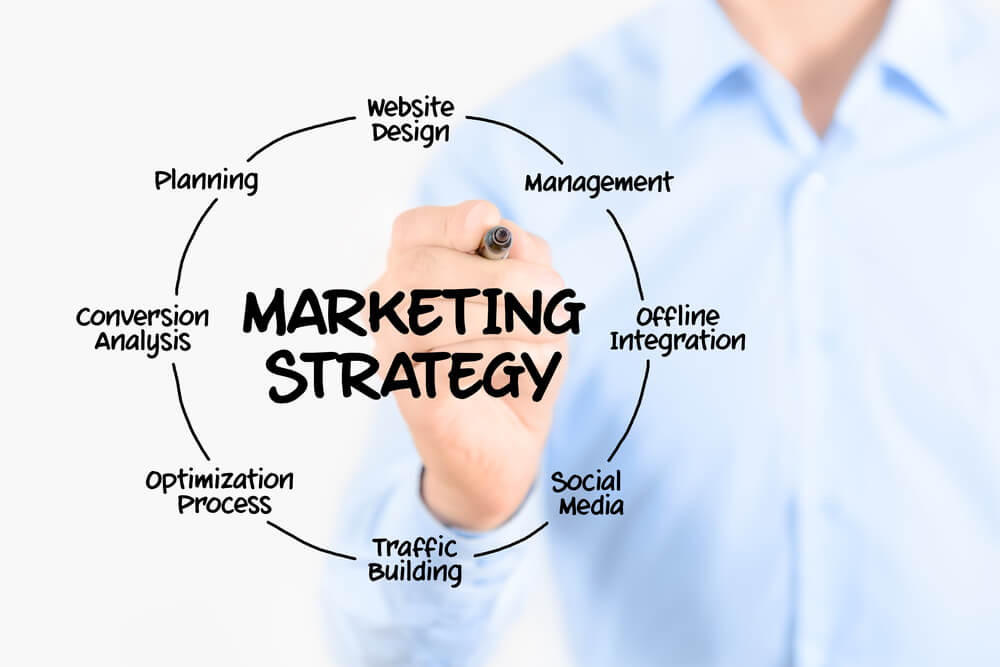A Comprehensive Guide to Driving Digital Success
In the dynamic landscape of e-business, effective web marketing strategies are essential for driving digital success. From attracting visitors to converting leads and retaining customers, web marketing encompasses a range of tactics and techniques aimed at maximizing the online presence and profitability of e-businesses. In this comprehensive guide, we’ll explore the principles, tactics, and best practices of web marketing strategies in e-business, empowering you to navigate the digital realm with confidence and achieve your business objectives.
Understanding Web Marketing Strategies in E-Business:
Web marketing strategies in e-business refer to the various tactics and techniques used to promote products or services, attract targeted traffic, and drive conversions through online channels. These strategies leverage the power of the internet and digital technologies to reach and engage with potential customers, build brand awareness, and drive business growth.
